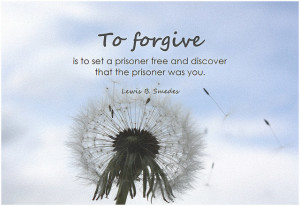 We have all encountered someone who we have a difficult time getting along with. Reasons vary for why we struggle to get along with some people, while we seem to have no problem with others.
We have all encountered someone who we have a difficult time getting along with. Reasons vary for why we struggle to get along with some people, while we seem to have no problem with others.
With some, it is the short fuse or seemly uncontrollable anger. Others might have mood swings that make them hard to get along with because you can never tell what temper they’ll be in at any given time. Others are overly sarcastic. Then there are those who are never wrong and nothing is ever their fault; they are masters of blame-shifting.
We have all encountered someone who is challenging to be around, whether at home or work. It may be a family member, a neighbor, a friend or an acquaintance. As a matter of fact, sometimes we are the ones who are hard to get along with. But let me offer some guidance for getting along with difficult people.









